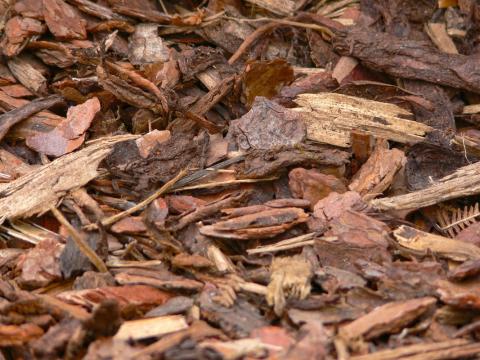Choosing Mulch For Your Garden

Applying mulch is an extremely beneficial gardening practice and spring is the best time of year to do it. There are many advantages to mulching, including conserving soil moisture, suppressing weeds, adding soil nutrients (organic mulches), warming the soil, and keeping plants and fruit clean during heavy rains. Just as there are many benefits to using mulch, there are many different types of mulching materials. All mulches serve the same basic function, so which mulch you choose depends on the types of plants you grow as well as on your own aesthetic tastes.
For annual and perennial gardens, organic mulches are the best choice. Bark mulch is great at suppressing weeds, is very attractive, breaks down gradually, and may only need to be replaced every other growing season. Shredded leaves and pine needles are also excellent mulching materials that many thrifty gardeners will already have on hand. The only major downside to using leaves is that they tend to blow away when dry and break down quickly, requiring reapplication over the course of the season. Pine needles are a good mulch for acid loving plants such as azaleas and rhododendrons.
Vegetable gardens generally have slightly different mulching needs than flower beds. Some of the best organic materials for vegetables are hay, grass clippings, and compost. If using hay, be aware that you may be introducing weed seeds to your garden. Grass clippings are a great nitrogen source but only if they come from lawns that are free from broadleaf herbicide use. Compost is chock full of nutrients, including important micronutrients, and can be a fantastic mulch as long as it has been sufficiently heated to kill weed seeds and pathogens. Synthetic black plastic mulches can also be great for vegetables, chiefly melons, squash, tomatoes, peppers, and eggplant.
Ultimately, personal preference will dictate which mulching material you use. In the end, what type of mulch you use is far less important than the act of mulching itself.
For more on mulch selection and use check out our Garden Mulches fact sheet.
Got questions? The Ask UNH Extension Infoline offers practical help finding answers for your home, yard, and garden questions. Call toll free at 1-877-398-4769, Monday to Friday, 9 a.m. to 2 p.m., or e-mail us at answers@unh.edu.
